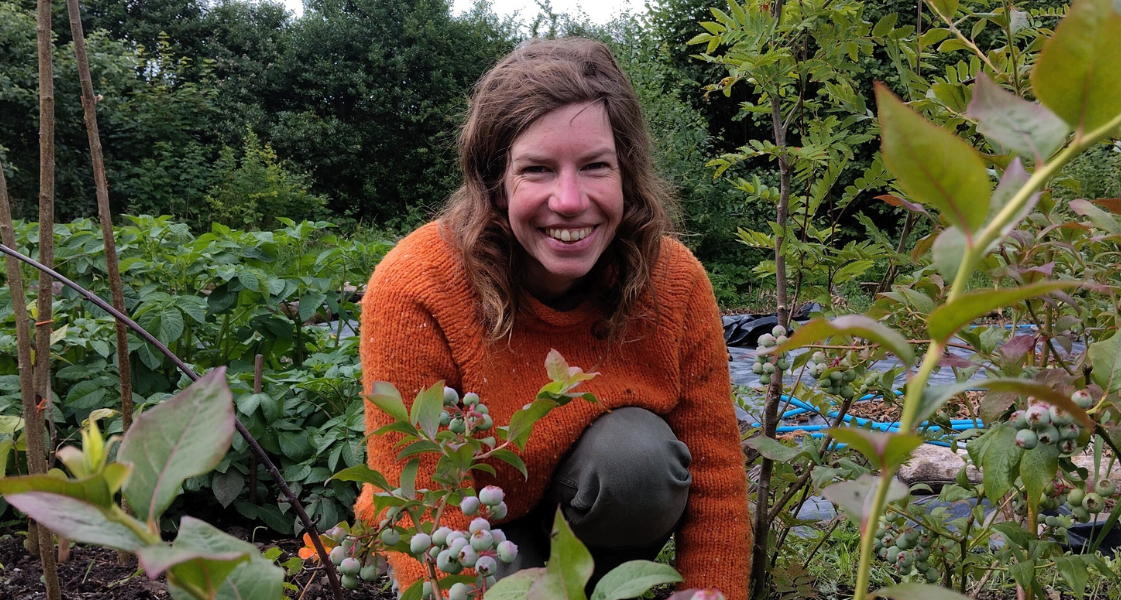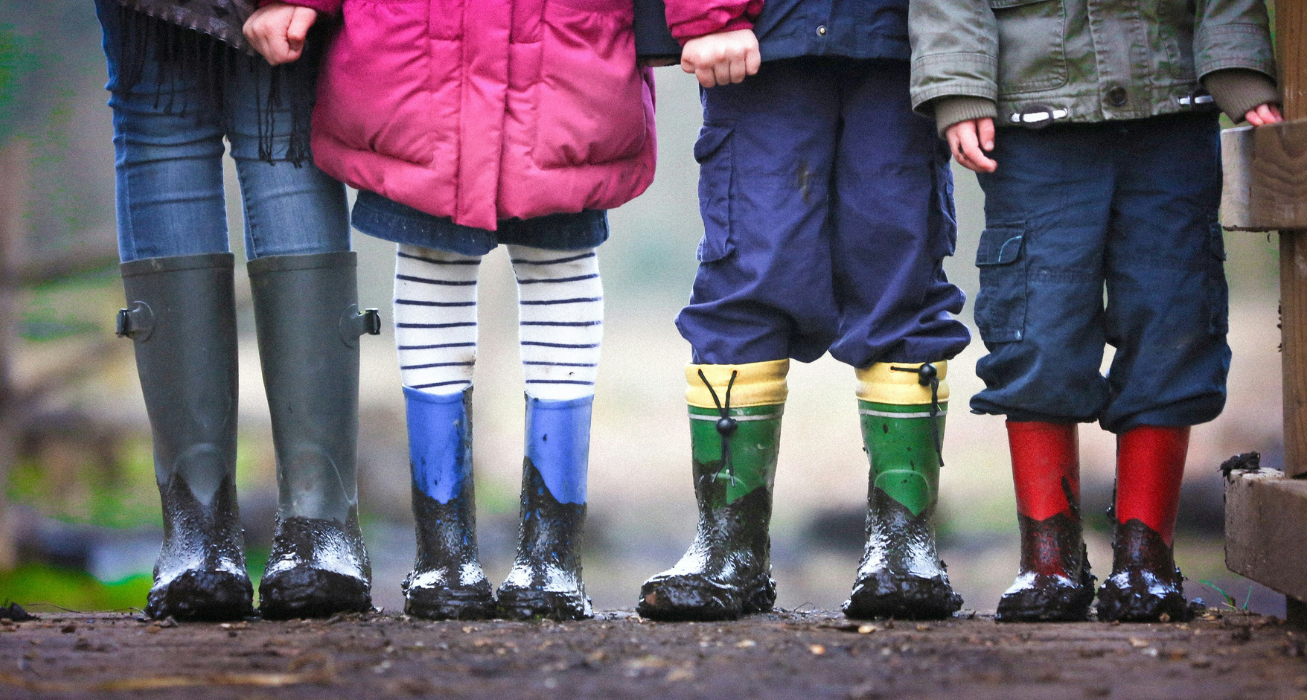
A new farm education pilot project funded by the Farming in Protected Landscapes (FiPL) programme is helping farmers deliver meaningful farm experiences to children, connecting them with the origins of their food and fostering an appreciation of farming and nature.
The programme supports farmers with accreditation, peer networking, and tools to engage schools and community groups. Farmers are reimbursed for the visits, with school travel costs also covered.
The initiative could encourage those who are involved to develop it into an income stream, explains Ruth Suddaby, Lake District National Park Authority’s (LDNPA) Learning and Engagement Manager.
Delivered by the LDNPA in partnership with Linking Environment and Farming (LEAF), the initiative has attracted 14 Lake District farmers since its launch in April 2024. It has been made possible by a FiPL grant of £57,000 from Defra via the LDNPA.
Ruth, who is leading the pilot programme, said: “Participants, many new to hosting educational visits, began with fully funded training for the Countryside Educational Visits Accreditation Scheme (CEVAS). This nationally recognised certification equips farmers with skills to plan engaging, curriculum-linked activities, ensuring safe and practical learning. Accredited farmers are now hosting school visits, while others will complete their certification by December,” added Ruth.
Michelle Hughes, one of the first to complete her updated CEVAS training, has hosted groups at her 55 acre organic farm at Low Stanger, Lorton.
She said: “I’ve gained fresh ideas for linking farm activities to the curriculum and tailoring visits to different needs. The pilot’s financial support covered course costs, reimbursed materials, and connected me with local schools and groups including Lorton and All Saints School and Cockermouth Caterpillars, a wildlife group for young nature detectives. Hosting events for them has been uplifting—sharing ethical, sustainable farming while helping children connect with nature is so important.”
Helen Rawlinson and Adam Crowe at Hall Farm, Rusland have been keen for a while to host farm visits. After completing the course, Helen, initially hesitant, now feels confident planning and delivering engaging activities tied to their farm's seasonal work.
As she explained: “Our local school, Leven Valley CE Primary School, has visited twice already to explore hedgerows, see our stock and understand how we’re farming with nature,” Helen shared. “I’ve learned how to adapt visits for different age groups, making them interactive, creative and fun. Meeting other farmers through this network has been a huge bonus, and hopefully we’ll be able to host more visits for other schools in the future,” she added.
The pilot is designed to:
Ruth hopes that farmers participating in the pilot are not only enriching children’s learning but also exploring new income opportunities through educational farm visits. “It’s a win-win for farmers and their communities,” added Ruth.

The FiPL funded programme has helped 14 Lake District farmers educate children on food origins